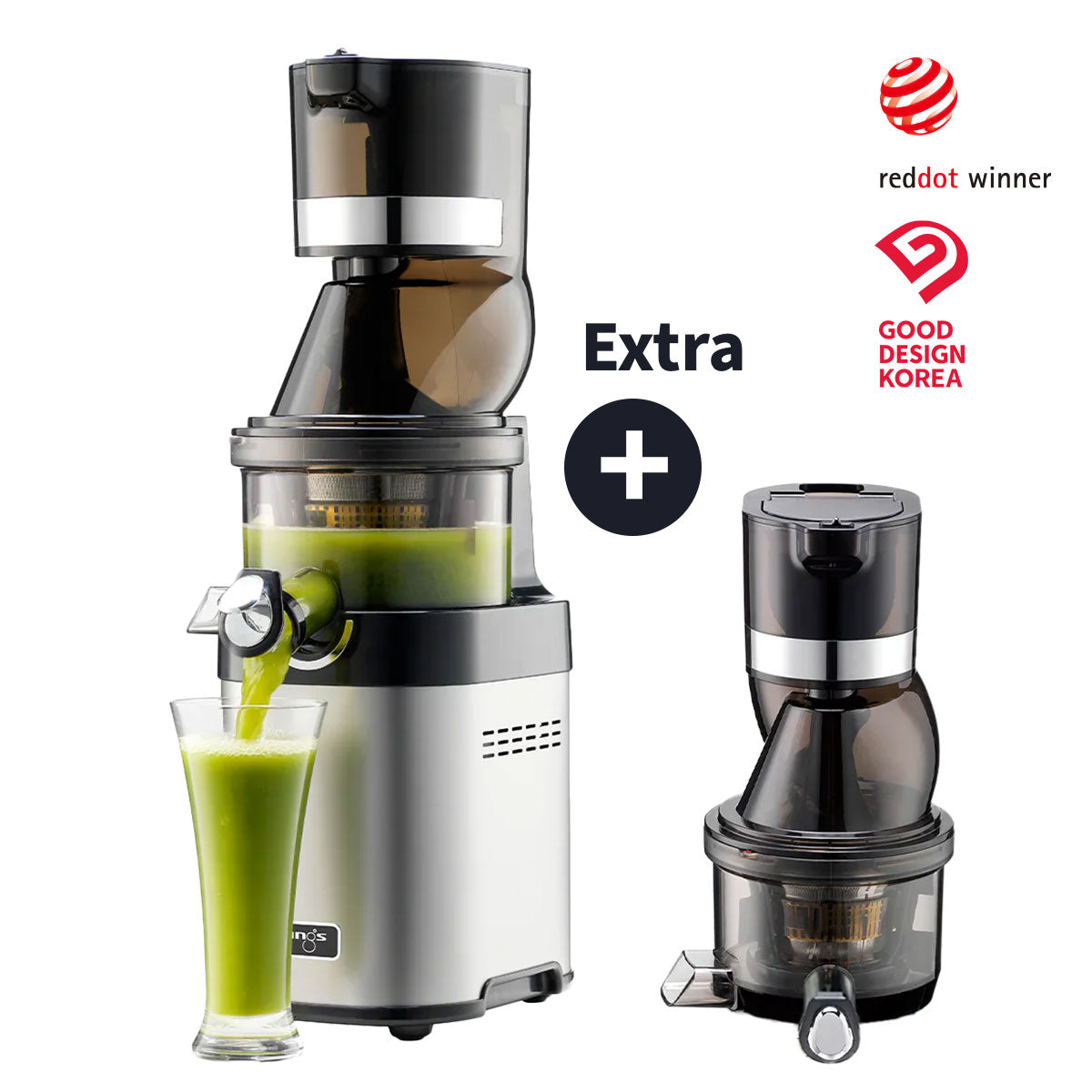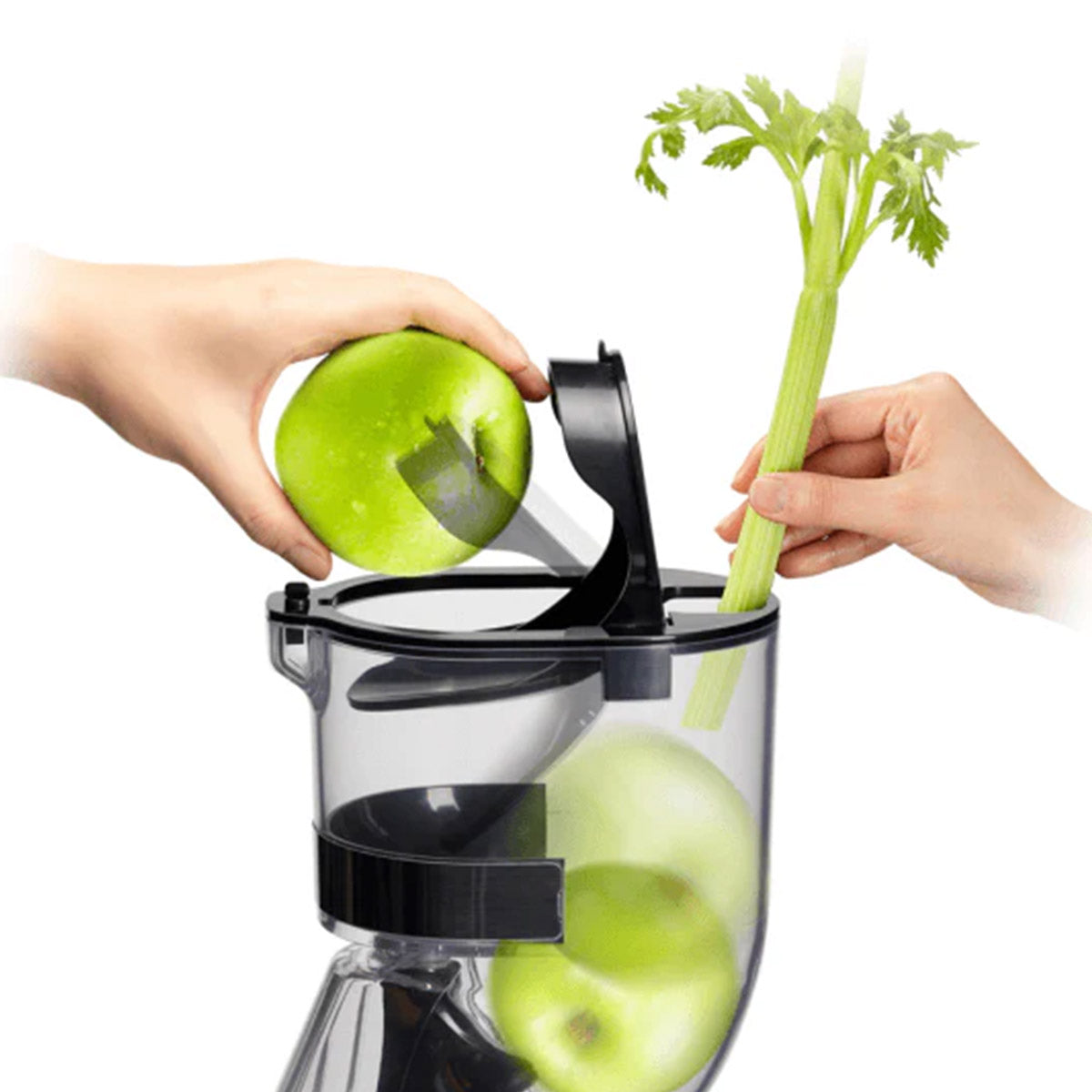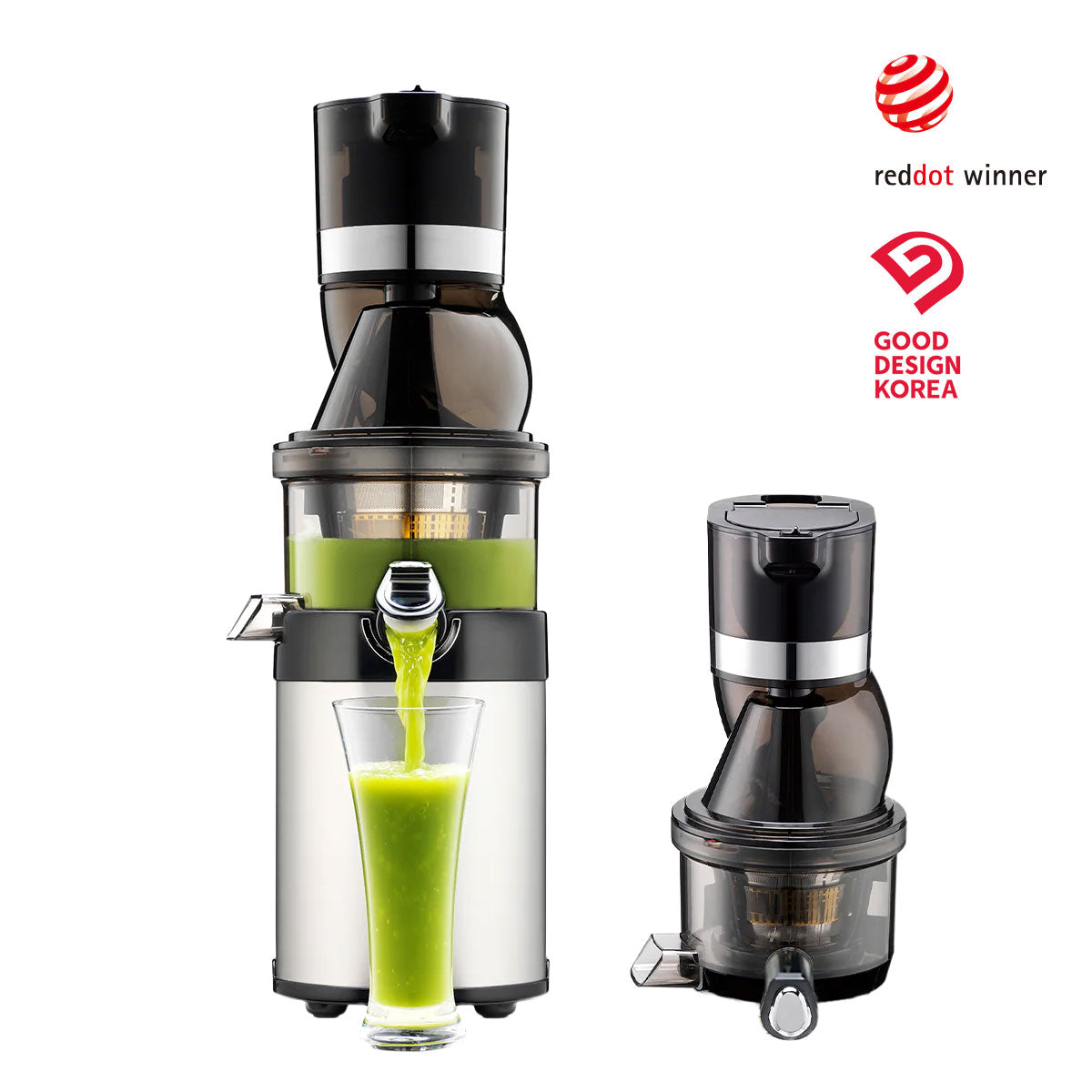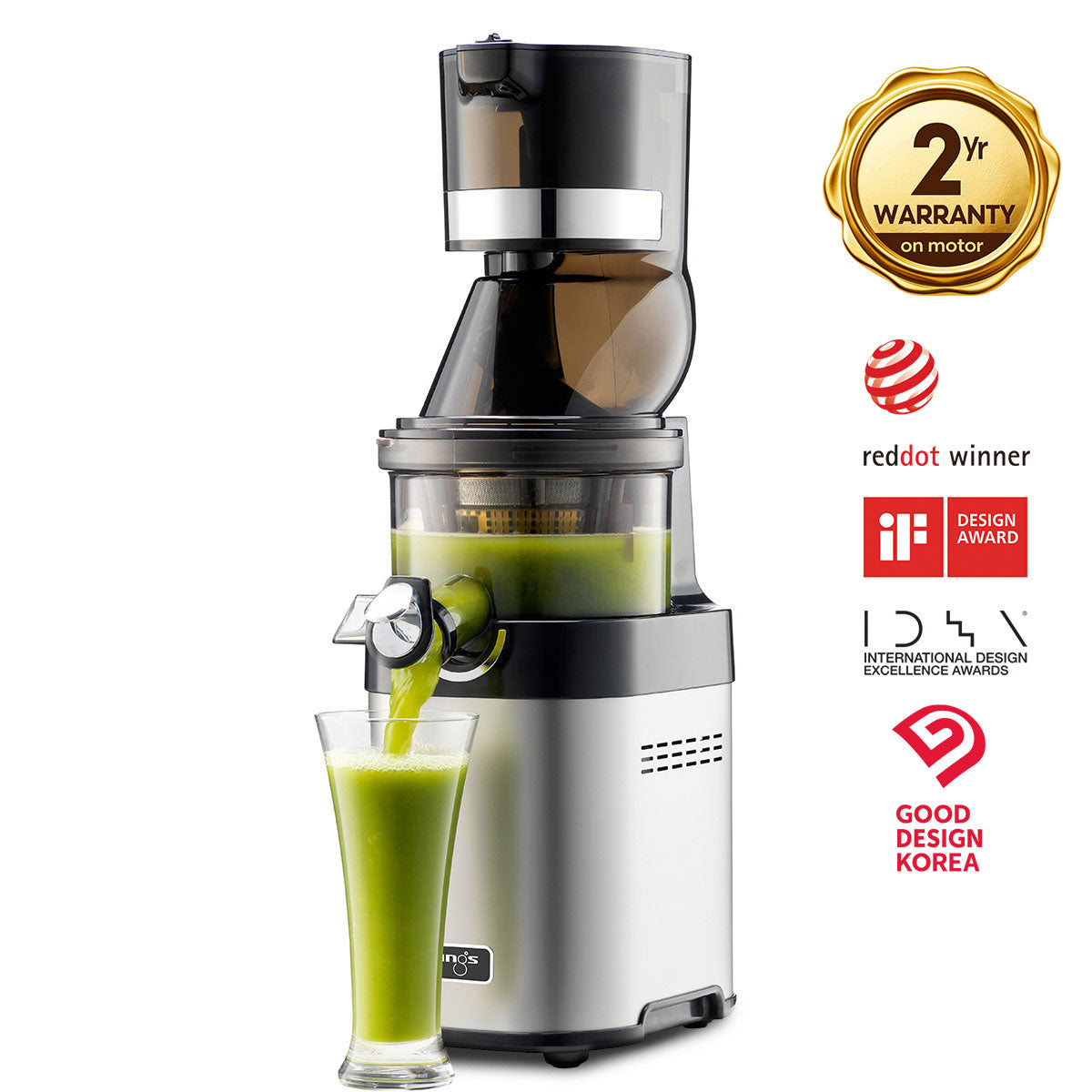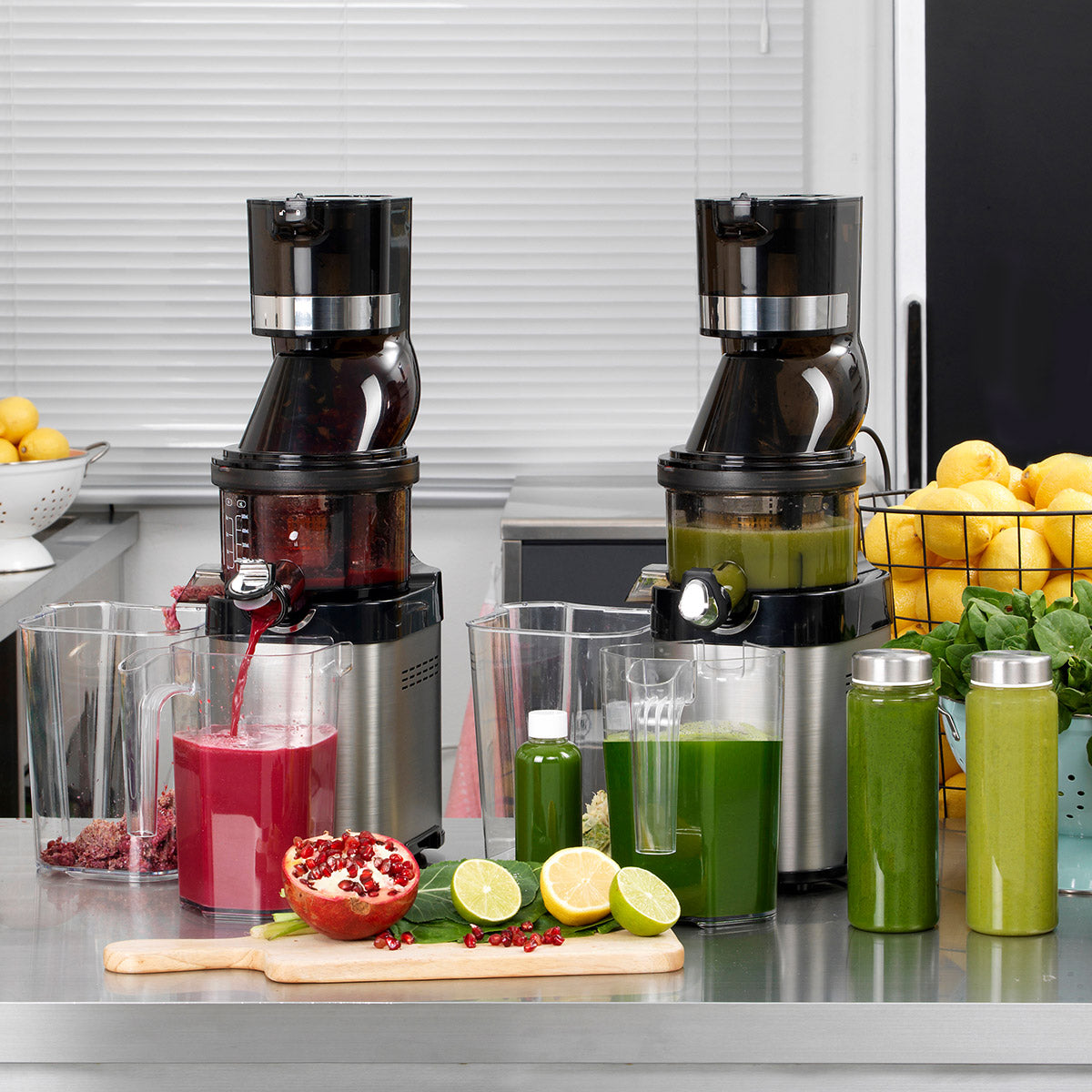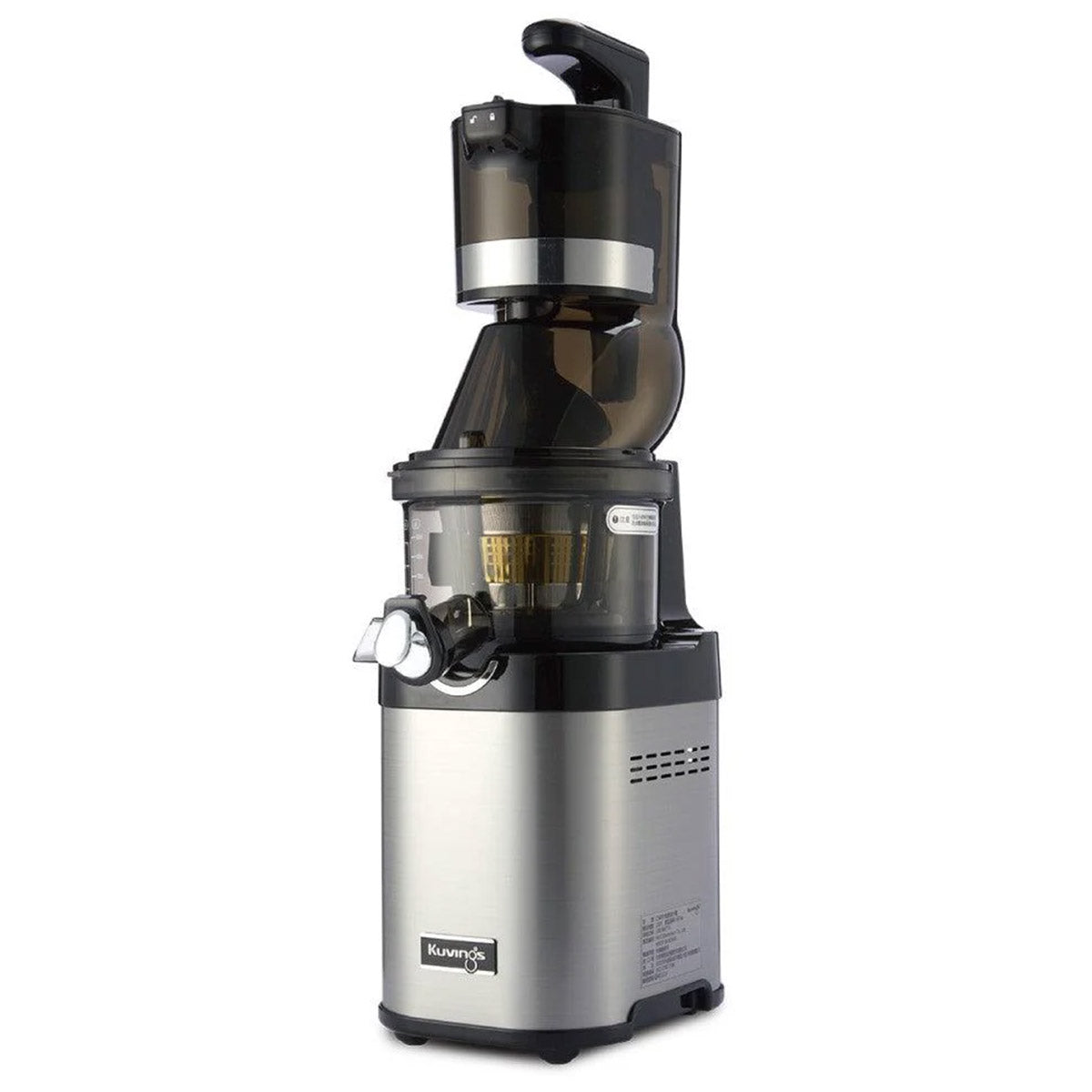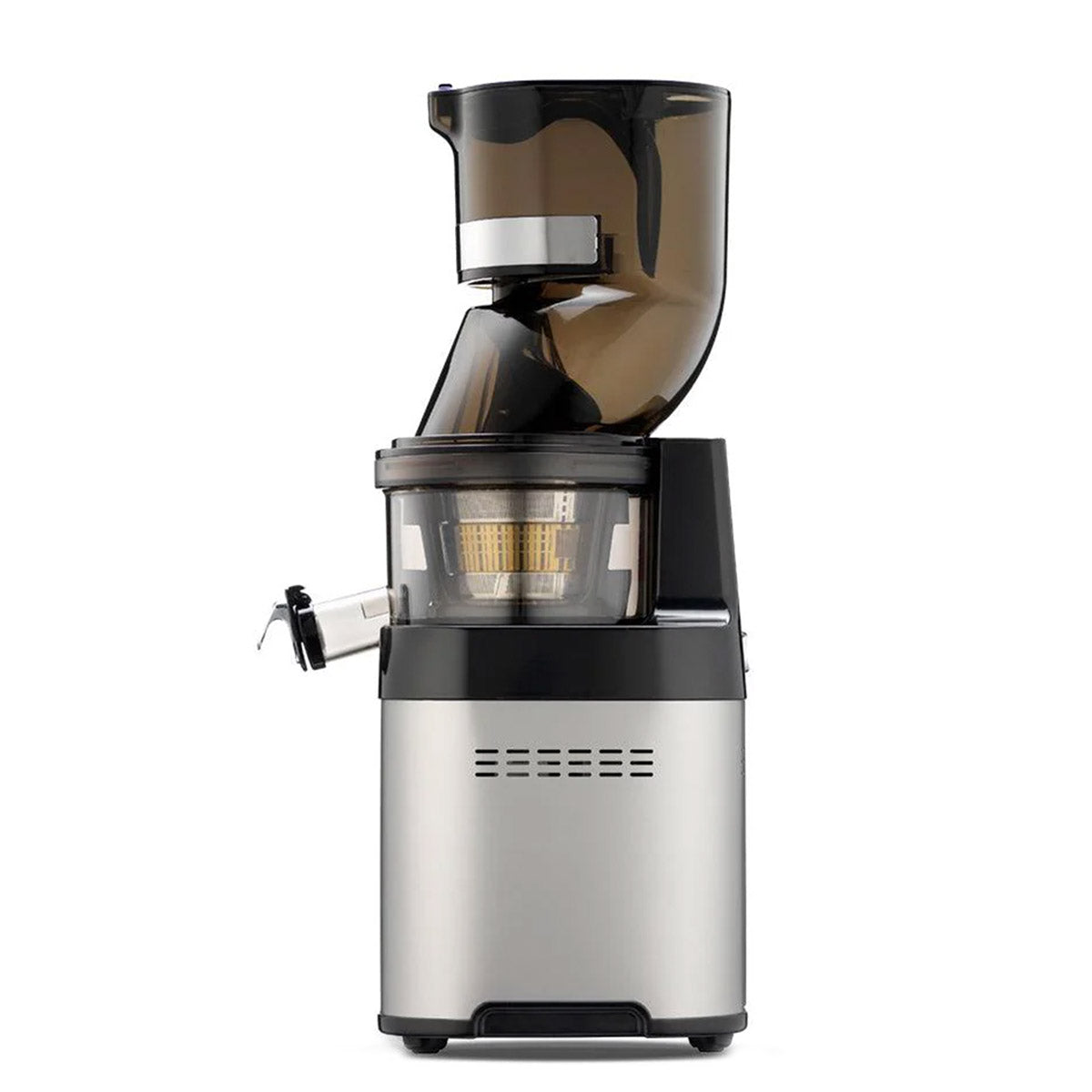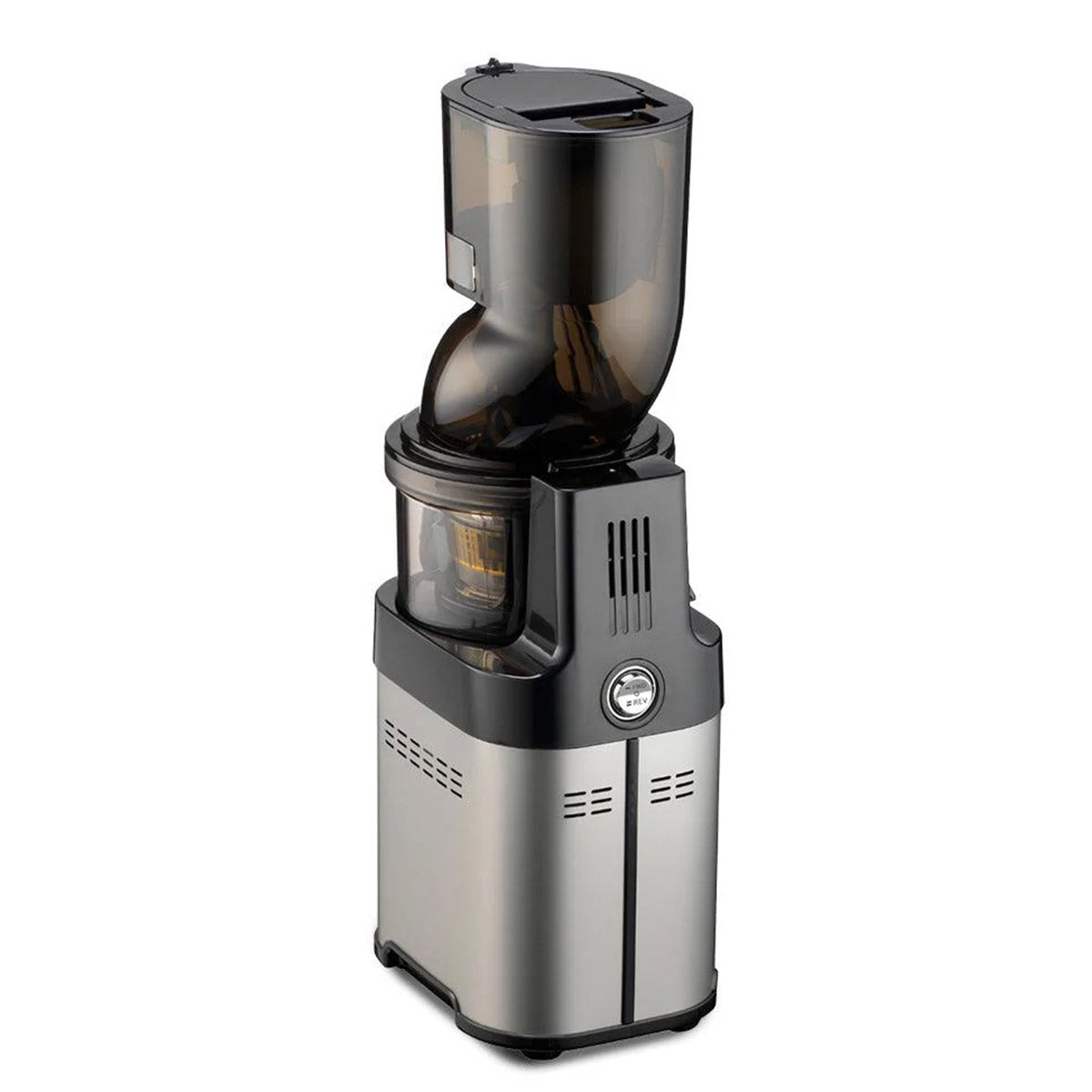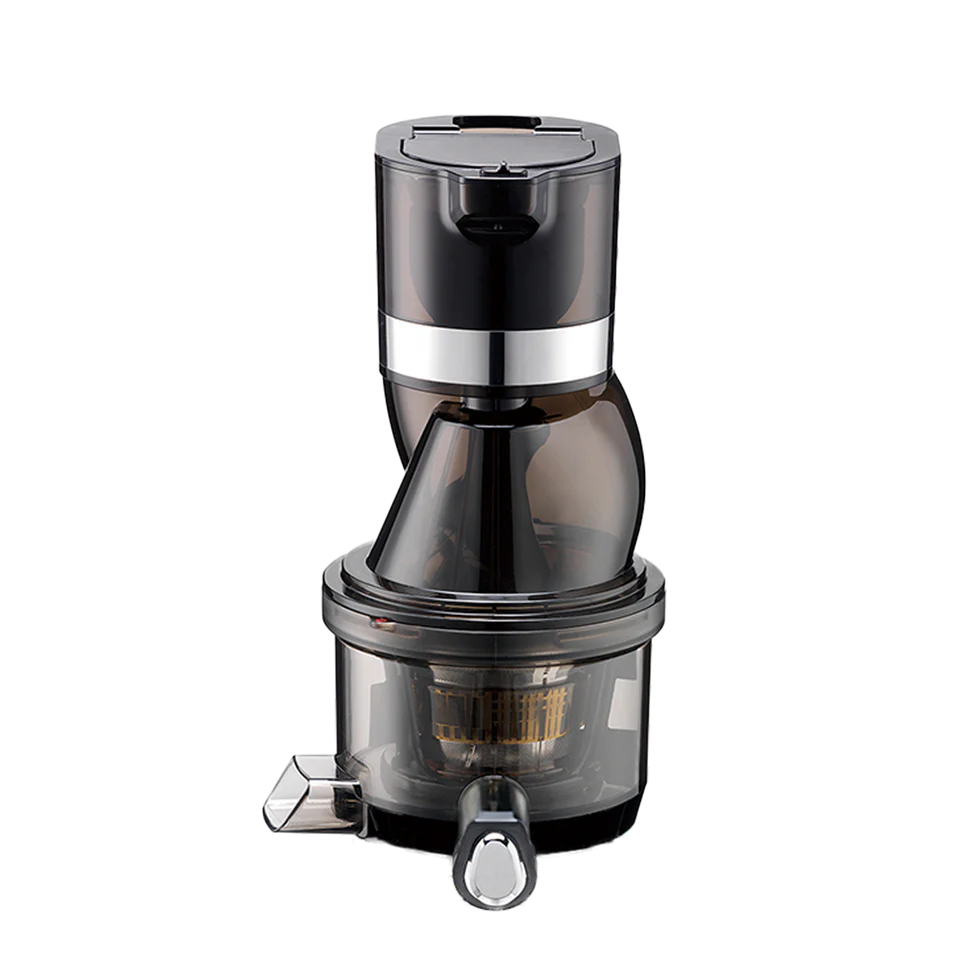Cold-pressed juice has taken the health and wellness industry by storm in recent years, but its roots can actually be traced back thousands of years ago. In this article, we'll take a look at the history of cold-pressed juice, from its ancient origins to its modern-day popularity.
Ancient Origins

The practice of extracting juice from fruits and vegetables can be traced back to ancient times. In Egypt, people used a device called "sakia" to press grapes and pomegranates, creating a juice that was used for medicinal purposes. The ancient Greeks also believed in the healing powers of juice, and the famous Greek physician Hippocrates himself recommended drinking juice to cure a variety of ailments.

In China on the other hand, juice was extracted from fruits and vegetables using a hydraulic press as early as the Han Dynasty (206 BCE - 220 CE). This technique was used to create a variety of juices, including watermelon, grape, and peach.
Modern-Day Techniques

While the basic idea of extracting juice from fruits and vegetables has remained the same over the centuries, modern-day techniques have evolved. In the 1930s, Dr Norman Walker developed a hydraulic press juicer that used pressure to extract juice from produce. This method was known as the Norwalk method and is still used by some cold-pressed juice companies today.

In the 1980s, the first commercial cold-pressed juice company, called Odwalla, was founded in California. The company gained popularity by offering fresh, raw, and unpasteurized juices that were made using a hydraulic press.
Today, cold-pressed juice has become a multi-billion dollar industry. Juice bars can be found in most major cities, and the popularity of juice cleanses has led to an increase in demand for pre-bottled juices. Cold-pressed juice companies use a variety of techniques, including hydraulic pressing, to extract juice from fruits and vegetables while preserving as many nutrients as possible.
Health Benefits of Cold-Pressed Juice

One of the main reasons for the popularity of cold-pressed juice is its health benefits. Cold-pressed juice contains more vitamins, minerals, and enzymes than juice that is extracted using other methods. This is because the hydraulic press used in cold-pressed juice production does not generate heat, which can destroy some of the nutrients in the juice.
Because cold-pressed juice is made from raw fruits and vegetables, it contains a high concentration of antioxidants, which can help to boost the immune system and reduce the risk of chronic disease.
The history of cold-pressed juice is a long and fascinating one, spanning thousands of years and multiple cultures. While the basic concept of extracting juice from fruits and vegetables has remained the same over the centuries, modern-day techniques have evolved to create a high-quality product that is rich in nutrients and health benefits. Whether you're a fan of juice cleanses or simply enjoy the taste of fresh juice, there's no denying that cold-pressed juice has become a staple of the health and wellness industry.


![[NEW] REVO830 Whole Slow Juicer "The Dark Knight" - Kuvings.my](http://kuvings.my/cdn/shop/files/REVO830_multi-function.webp?v=1770275014&width=1200)
![[NEW] REVO830 Whole Slow Juicer "The Dark Knight" - Kuvings.my](http://kuvings.my/cdn/shop/files/contents_compare_01_360x_677de4d1-1209-4ada-b8e3-d1445cee5e84.webp?crop=region&crop_height=360&crop_left=0&crop_top=0&crop_width=360&v=1770275014&width=360)
![[NEW] REVO830 Whole Slow Juicer "The Dark Knight" - Kuvings.my](http://kuvings.my/cdn/shop/files/cold-press-juice_00.jpg?v=1770275014&width=1200)
![[NEW] REVO830 Whole Slow Juicer "The Dark Knight" - Kuvings.my](http://kuvings.my/cdn/shop/files/sub_buying-guide_05_9f06c62f-683c-4247-8c93-efb0111660e5.jpg?crop=region&crop_height=920&crop_left=15&crop_top=0&crop_width=920&v=1770275014&width=950)
![[NEW] REVO830 Whole Slow Juicer "The Dark Knight" - Kuvings.my](http://kuvings.my/cdn/shop/files/IndyBest_banner.jpg?v=1770275014&width=1080)
![[NEW] REVO830 Whole Slow Juicer "The Dark Knight" - Kuvings.my](http://kuvings.my/cdn/shop/files/REVO830_1080x1080_773ec9d9-75c2-495e-b256-6d01ef58ba78.jpg?v=1770275014&width=1080)
![[NEW] REVO830 Whole Slow Juicer "The Dark Knight" - Kuvings.my](http://kuvings.my/cdn/shop/files/EVO820REVO830_1080x1080-_1.jpg?v=1770275014&width=1080)
![[NEW] REVO830 Whole Slow Juicer "The Dark Knight" - Kuvings.my](http://kuvings.my/cdn/shop/files/2022_revo-und-evo_02.jpg?v=1770275014&width=1000)
![[NEW] REVO830 Whole Slow Juicer "The Dark Knight" - Kuvings.my](http://kuvings.my/cdn/shop/files/REVO830_01_540x_636872b5-787d-48dc-a4f6-0d006b49a63f.webp?v=1770275014&width=540)
![[NEW] REVO830 Whole Slow Juicer "The Dark Knight" - Kuvings.my](http://kuvings.my/cdn/shop/files/shopping.webp?v=1770275014&width=600)
![[NEW] REVO830 Whole Slow Juicer "The Dark Knight" - Kuvings.my](http://kuvings.my/cdn/shop/files/2L9A7313-e1690867035583-700x751.jpg?crop=region&crop_height=700&crop_left=0&crop_top=0&crop_width=700&v=1770275014&width=700)
![[NEW] REVO830 Whole Slow Juicer "The Dark Knight" - Kuvings.my](http://kuvings.my/cdn/shop/files/kuvings-whole-slow-juicer-revo830-black-revo830b_main_kitchen_innovation_1667x_64f4e0fc-2684-4f8f-af3b-8aeb0a3cca04.webp?v=1770275014&width=1000)
![[NEW] REVO830 Whole Slow Juicer "The Dark Knight" - Kuvings.my](http://kuvings.my/cdn/shop/files/SNS-REVO830-Lifestyle-62-1-1-Revised0.jpg?v=1770275014&width=990)
![[NEW] REVO830 Whole Slow Juicer "The Dark Knight" - Kuvings.my](http://kuvings.my/cdn/shop/files/REVO830-wholeslowjuicer-coldpress3.webp?v=1770275014&width=900)
![[NEW] REVO830 Whole Slow Juicer "The Dark Knight" - Kuvings.my](http://kuvings.my/cdn/shop/files/3_bf54f2a4-1c87-4015-94d7-3b7e7de053f6.png?crop=region&crop_height=461&crop_left=0&crop_top=0&crop_width=461&v=1770275014&width=461)














